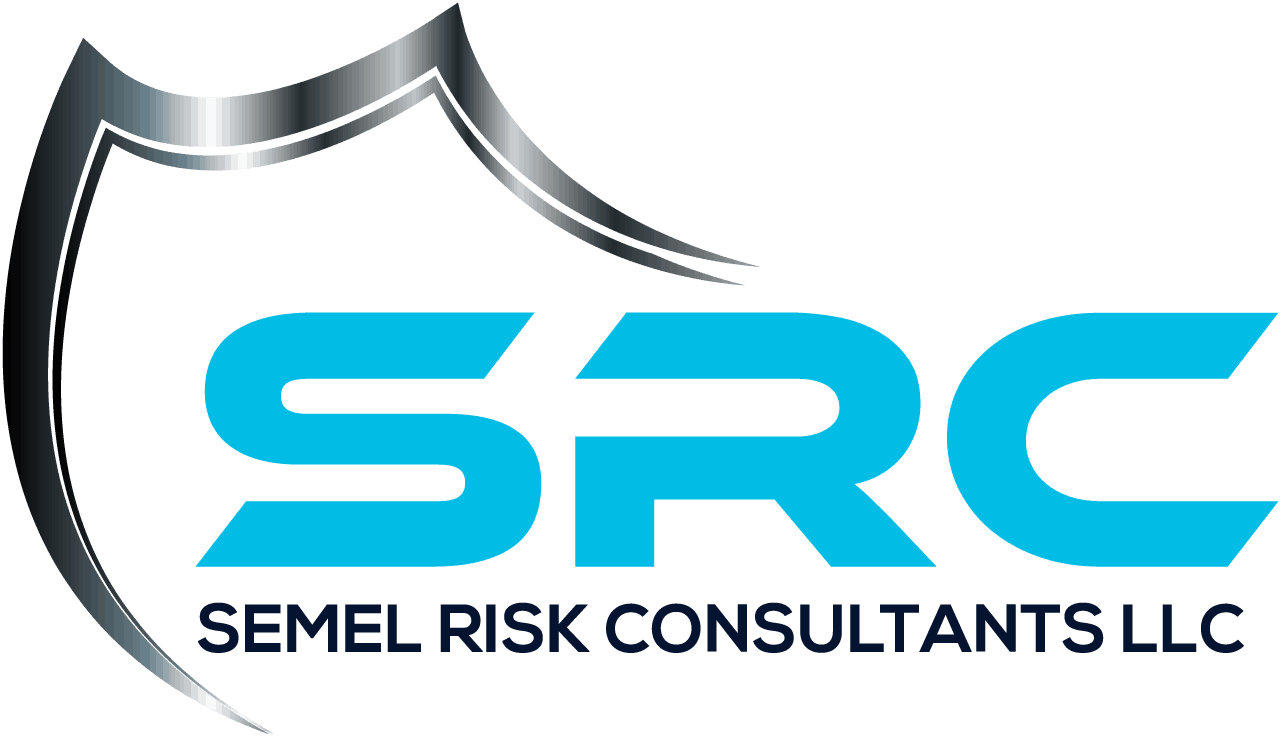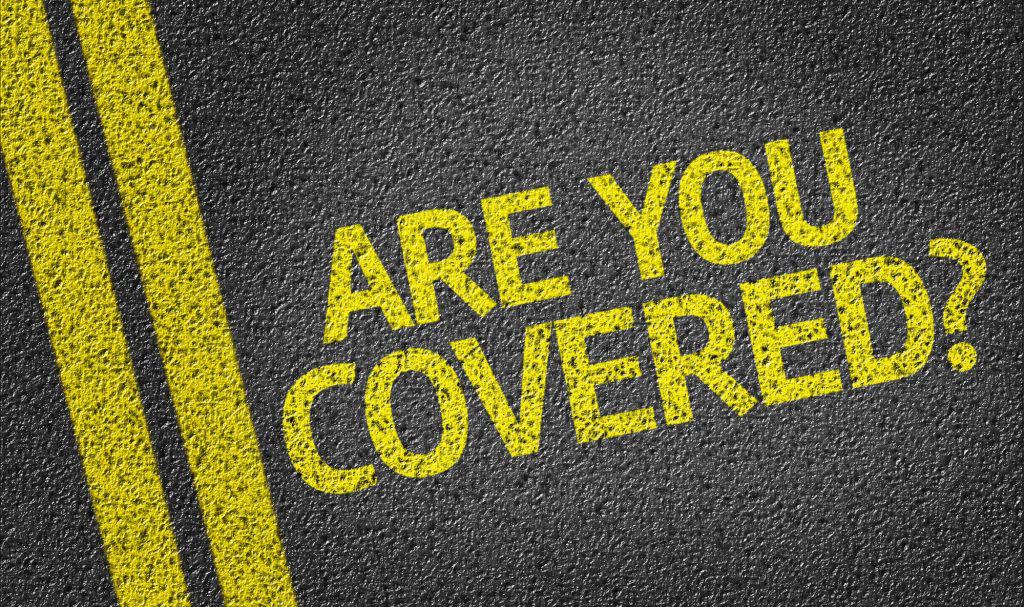One of the biggest decisions retirees have to make is what to do with their 401(k) account after they stop working. For those who are not familiar, a 401(k) lets your company contribute toward your retirement, and the fund is sent to a savings account. Employees can choose to match employer contributions, and money is invested and left to accumulate compound interest over a long period. Now, if you’re approaching retirement, you may be wondering what’s next and thinking up ways to maximize your 401(k). Below, we list out some steps you should consider:
Take note of the age restrictions
If you retire at 55 years or older, you may start withdrawing from your 401(k) penalty-free, as long as you don’t roll the funds over to an individual retirement account (IRA). if you roll over, you must wait until you’re 59½ before any withdrawals, else you’ll need to pay a 10% penalty fee.
On the other hand, retirees who are 59½ and older can withdraw freely from their 401(k) account without worrying about the 10% penalty. However, if they have a traditional 401(k) account, then they’ll need to pay income tax on every withdrawal.
Another age restriction you need to be aware of is the 72-year requirement to take distributions from your 401(k). So, if you have a secondary source of income, you may decide not to take any money out of your retirement account. But when you hit 72 years, it’s mandatory to withdraw a minimum amount every year. Note that this withdrawal is taxed as income though, so you should consider talking to a retirement planning specialist to discuss your options.
Consider other investment options outside the 401(k)
Most times, the investment options available in other individual retirement plans are much more diverse compared to your employer-sponsored 401(k) plan. The traditional plan is more set in its ways, and you may find more flexibility in IRAs – essentially, they give you the opportunity to weigh your options and choose one that works best for you.
Retirement planning experts often recommend rolling over 401(k) funds into an IRA because of the wide range of investment choices available. You’d be able to invest in high-yield investment vehicles like mutual funds, bonds, individual securities and exchange-traded funds. Furthermore, there are retirement accounts that offer better tax benefits than the traditional 401(K) and let you withdraw your savings tax-free after retirement.
Why you should consider rolling over to an IRA
In addition to the variety of investment options and flexibility offered by IRAs, there are other benefits of rolling over your 401(k). For instance, if you take a look at your 401(k) fee disclosure statement, you’ll get an idea of how much you’re paying in administrative fees on your account. This amount would be significantly higher than what it costs to maintain an IRA plan. So, you can make significant savings just by rolling over your retirement account.
Some people choose to combine 401(k) plans with IRAs in a bid to enjoy the best of both worlds, but they quickly find that individual plans offer most of the benefits of traditional 401(k)s without the accompanying restrictions. Aside from that, life is just easier if you have one plan that does everything you need instead of keeping track of several retirement accounts at the same time.
Final note
In conclusion, your retirement account may have started with an employer-sponsored plan, but it doesn’t have to remain there. Individual retirement accounts offer a more-varied selection of investments, more flexibility, and lower fees. And the best part? You can rollover directly from a 401(k) with no early withdrawal penalties or tax complications. If you’d like to learn more about rolling over your 401(k) and discuss any concerns you may have, we have a retirement planning specialist on hand to speak with you. Just follow this link and book your FREE consultation now.



